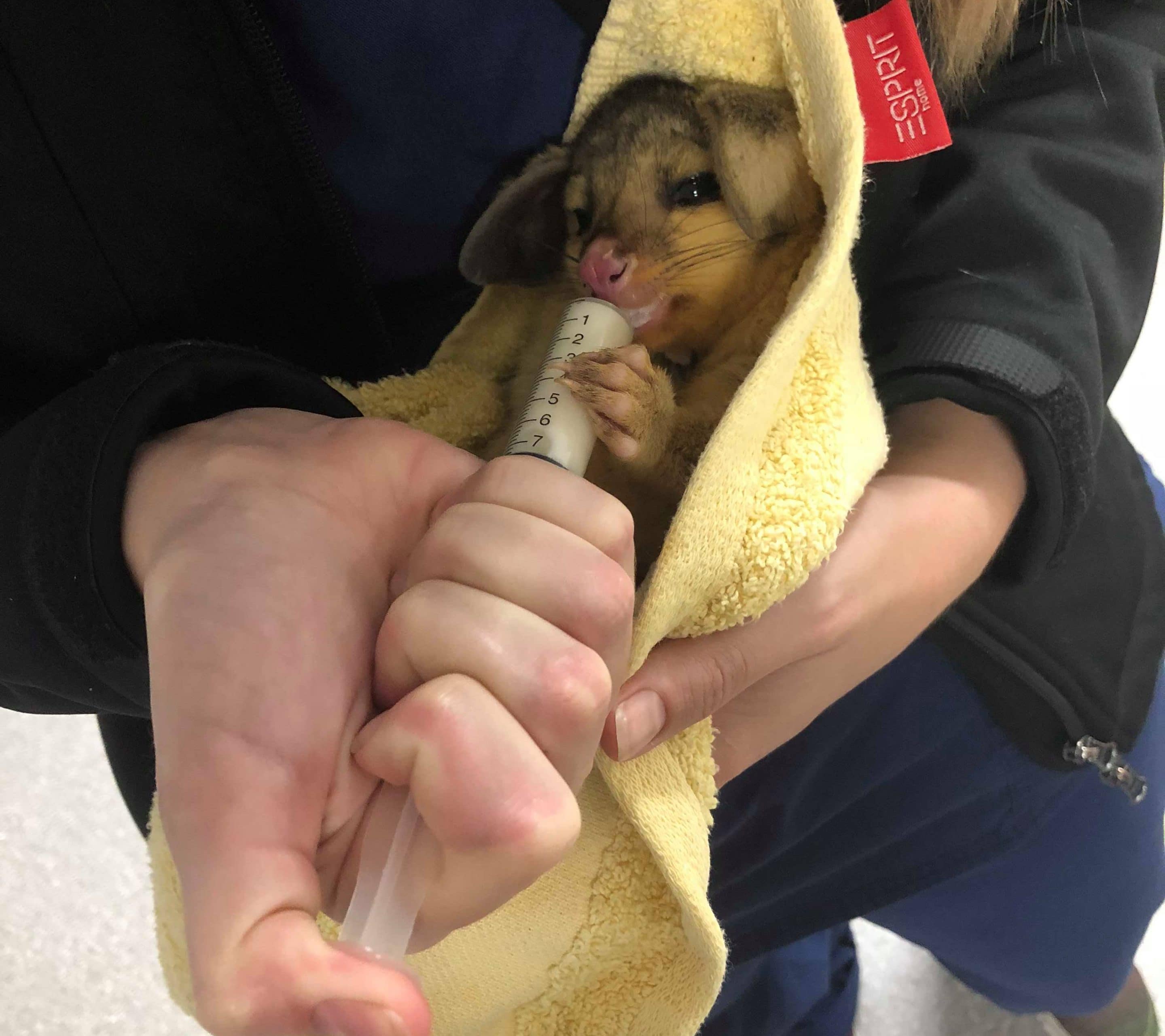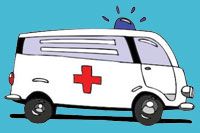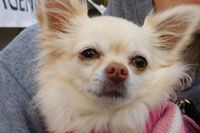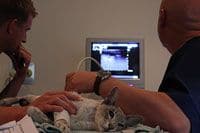What to do if You’ve Found Injured Wildlife
For assistance with the capture, transport or care of wildlife please contact either the Wildcare hotline on 9474 9055 or the Native Animal Rescue on 9249 3434.
As an emergency service we look after more than just your pets, we often take in injured or orphaned wildlife as well. Some of the most common questions we hear on a daily basis are about when and how wildlife should be brought in and what happens to them after you leave.
Safety First
While they may look as cute and cuddly as your pet, wild animals are not used to being handled and may be carrying disease. Protect yourself from bites and scratches by creating a barrier between you and the animal. You can do this by throwing a towel over the animal and scooping it up. It is never recommended to handle bats, snakes, large kangaroos or any other aggressive or venomous animal as they can cause serious harm. In these cases, call your local council or wildlife organisation.
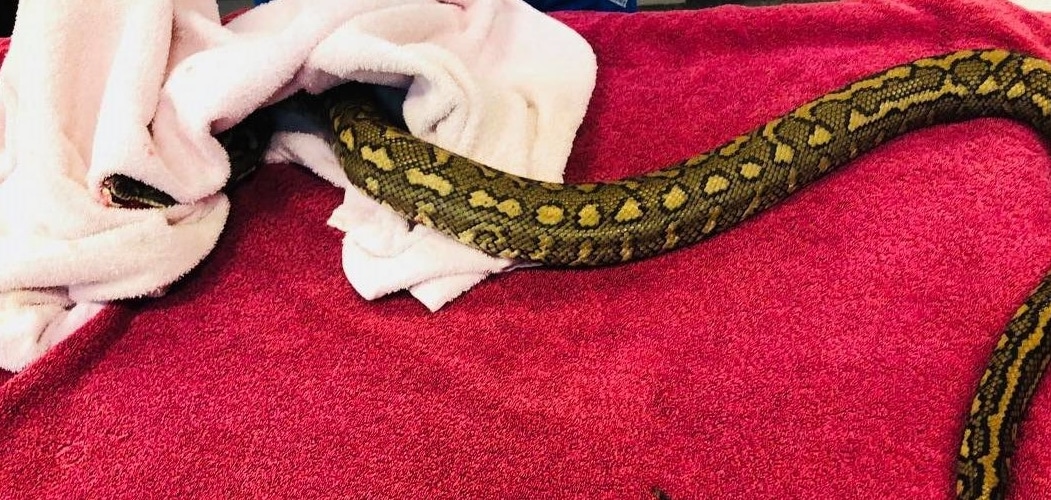
Check Before Rescuing
No matter the species, do not offer food or water to any wildlife. All species have very specific diets and feeding them incorrectly or while they are in shock can be fatal.
If there is obvious injury or immediate danger to the animal, it needs to be brought in for care as soon as possible. However, in some cases, there are a few extra steps before doing so.
Baby Birds
Young birds not yet able to fly are often mistaken as injured when in fact the parents have only left it temporarily to forage for food. If you find a bird that is flightless but has no other obvious injuries it is best to create a nest in the hope that the parents will return. Drill holes through the bottom of a bucket, ice cream container or hanging plant pot and line it with grass. Place a stick at an angle as it may allow the bird to perch and be visible to its parents. Hang the container from a tree as close as possible to where you found it. Birds are territorial and will be looking for their baby where they left it. If you are able, keep a close eye on the bird or check back at regular intervals. If the bird’s parents have not returned by dark, it will need to be taken into care.
Marsupials
If you have found an adult marsupial such as a kangaroo, possum or wallaby that has already passed away it is important to check her pouch for a joey. Joeys can survive days in the pouch after the mother has died. If there is a joey do not remove it as this can cause serious damage. Instead, bring the mother and joey together, as you found them. If the mother is too large then call your local council or wildlife care organisation.
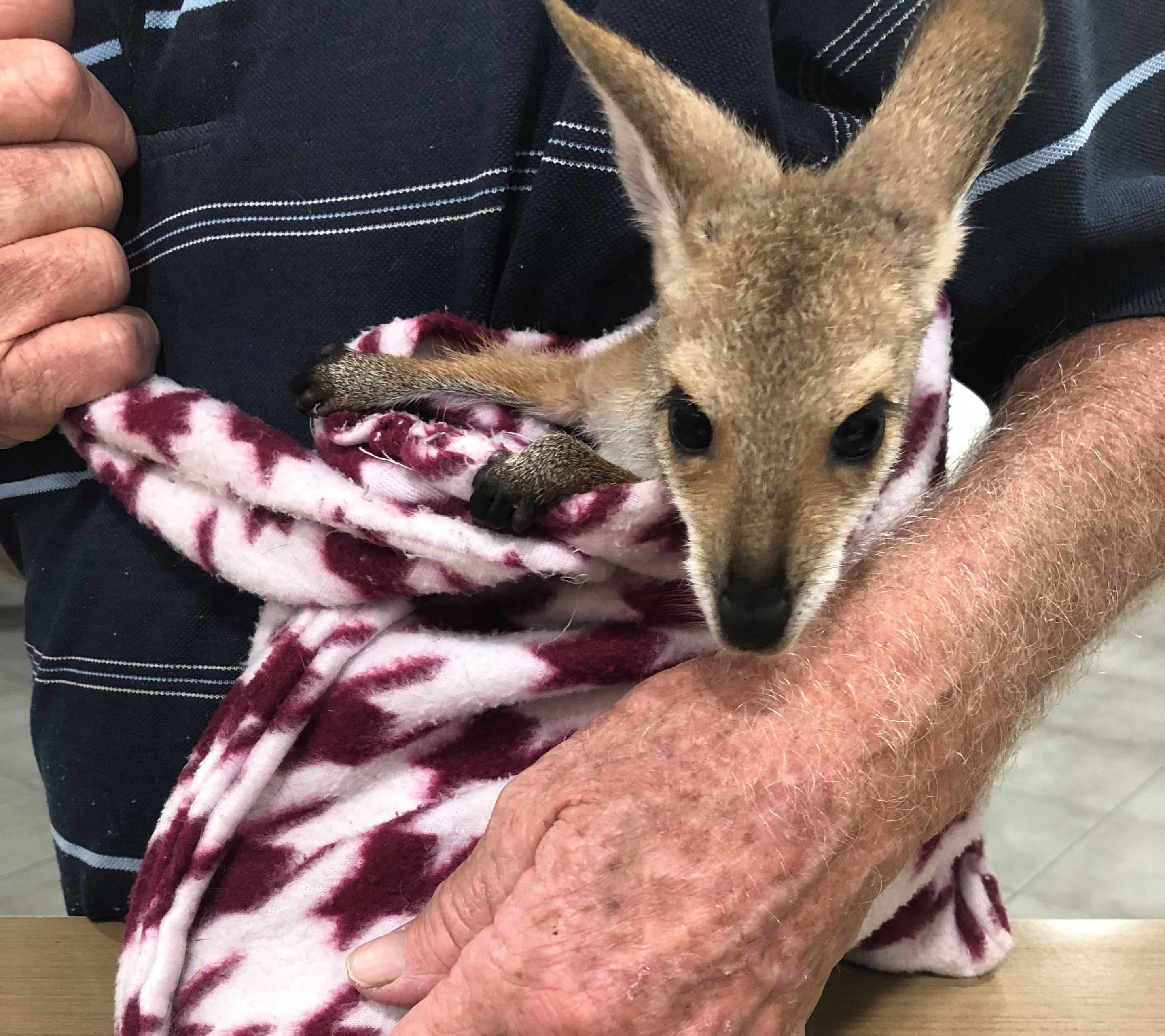
Transport
Carrying the animal by hand is not recommended, no matter how small. They may become panicked during transport and scratch, bite or injure themselves. Instead, gently place the animal with a towel or some newspaper into a cardboard box. If you do not have one available make sure whatever container you use provides suitable ventilation. If possible it is best to use a box or container you do not mind leaving behind. We want to keep the animal as relaxed as possible and prevent any further injury. Limiting unnecessary handling between boxes is a great way to do this.
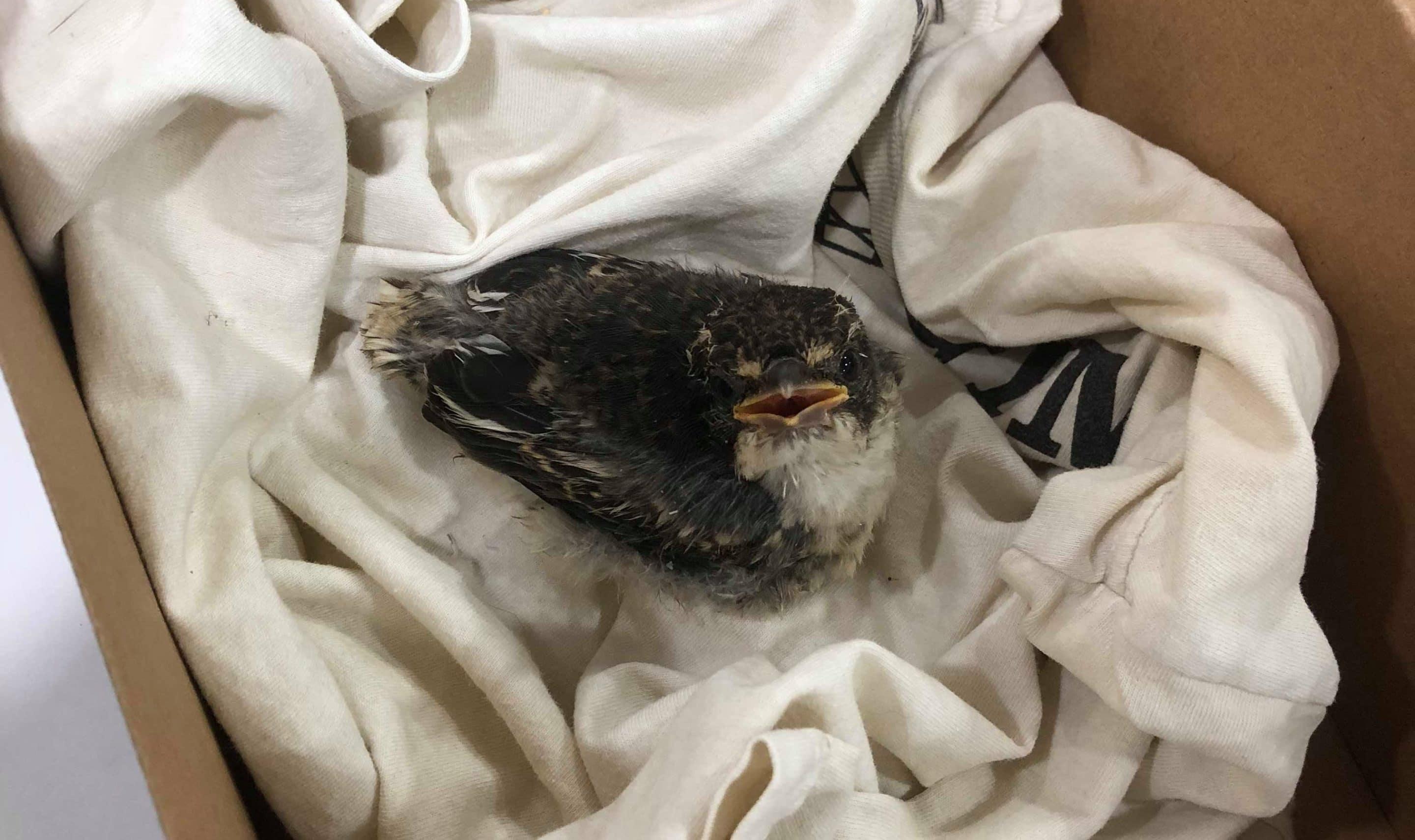
What Happens Next
One of our experienced emergency veterinarians will give the animal a general health check and provide some pain relief if necessary. If it is young or appears malnourished it will be fed the appropriate diet, often by hand. Once it is stable enough to be transported, a registered wildlife carer will be called to collect it for rehabilitation and release back into the area it was found.
